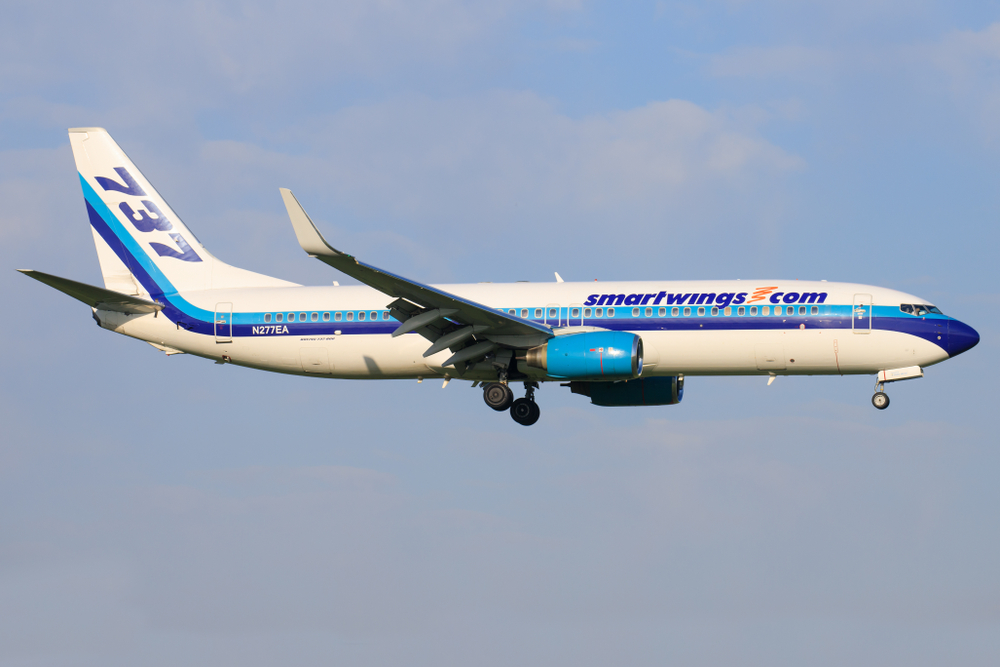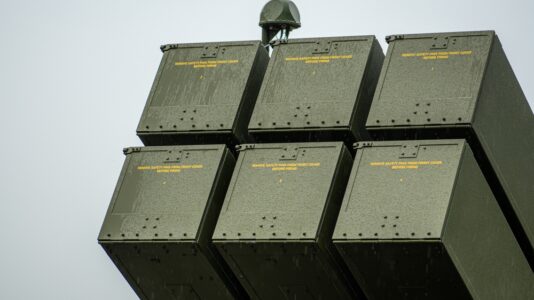Germany is set to receive another batch of Afghan refugees despite mounting criticism. On Wednesday, a chartered Boeing 737 from Pakistan is scheduled to land in Germany, carrying 157 Afghan nationals. Government sources confirm that only a small fraction of the passengers are former local employees of the German military or government, raising concerns over the selection process.
The Federal Foreign Office (AA) had initially indicated that the flight would primarily transport former Afghan workers who assisted the Bundeswehr and other German agencies. However, according to internal government information cited by Bild, only two such individuals, along with 13 of their relatives, are actually among the passengers.
The remaining 142 individuals have been selected under broader humanitarian programs, such as the Federal Admission Program (BAP), which prioritizes Afghans identified as at risk due to their “commitment to democratic values.”
According to Die Welt, Germany has accepted more than 48,000 Afghans through relocation schemes via Pakistan since August 2021, with almost 36,000 classified as “particularly endangered” by the federal government. Reports indicate that the cost of these relocations has amounted to several hundred million euros.
It is unclear what the other 12,000 were classified as or why they were considered eligible for transfer to Europe.
A further 3,000 are waiting in Islamabad to emigrate to Germany in the coming weeks, with Pakistan ordering the removal of all Afghan refugees from the country by the end of March.
The German government resumed flights for Afghan refugees the day after the federal election, ending a temporary suspension imposed during the campaign. The pause was widely believed to be politically motivated amid an electoral surge from the anti-immigration Alternative for Germany (AfD).
The resumption of flights came just a day after the Christian Democratic Union (CDU) and its sister party in Bavaria (CSU) won the election and the parliamentary arithmetic allowed for a “Grand Coalition” with the Social Democratic Party (SPD), sidelining the AfD.
Security concerns surrounding Afghan migrants have escalated in recent times following a series of violent attacks against the German population.
Just weeks before the election, a 24-year-old Afghan migrant drove into a left-wing Ver.di demonstration in Munich, injuring 28 people, including a toddler. The perpetrator, a rejected asylum seeker with a criminal record, had been denied asylum in 2020 due to inconsistencies in his persecution claims. Earlier, in January, a fatal stabbing attack targeting a daycare group in Aschaffenburg’s Schöntal Park left a toddler and a man dead, prompting renewed calls to halt Afghan admissions and expedite deportations.
Further high-profile incidents include the trial of a 19-year-old Afghan asylum seeker in Frankfurt, who attacked a Ukrainian woman with a box cutter in broad daylight. Due to mental health concerns, he avoided prison time.
Additionally, a terror attack in Mannheim last June saw an Afghan migrant fatally stab a police officer, with another attack occurring days later when an Afghan knifeman assaulted police officers on the island of Rügen.






